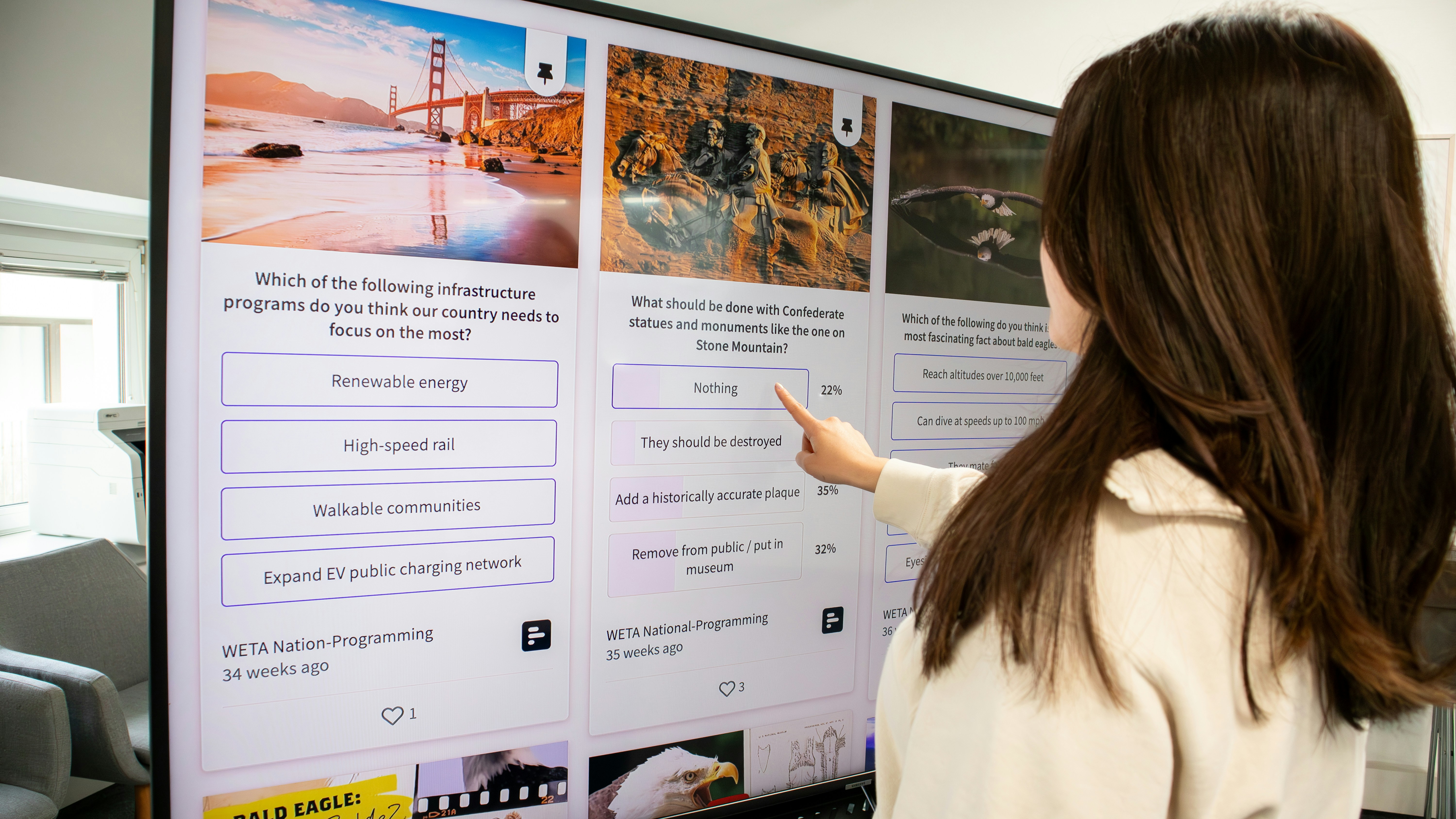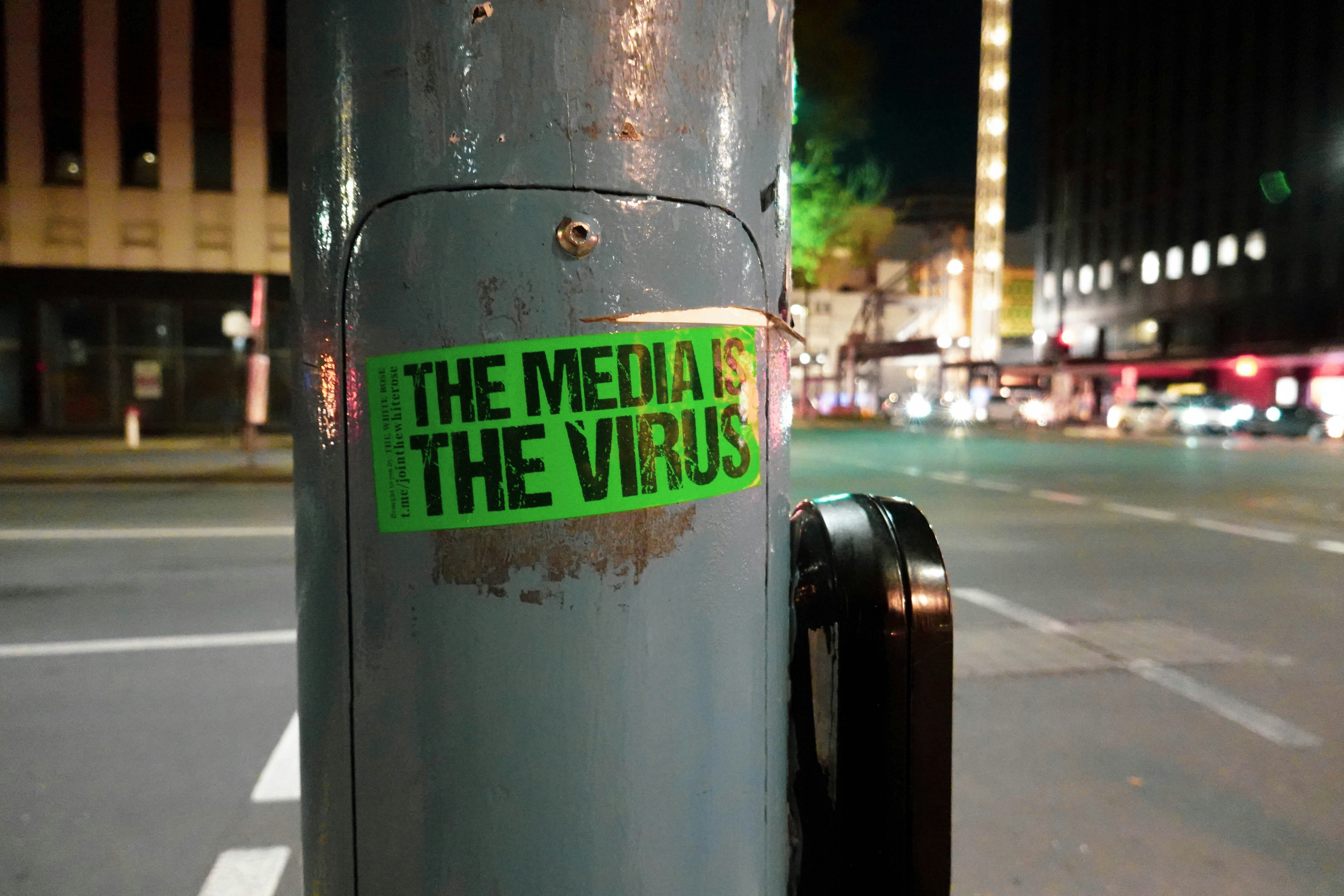Optimize Your Digital Marketing Strategy for the Metaverse in 2025
As we step into 2025, the landscape of digital marketing is transforming dramatically, especially with the advent of the metaverse. For marketing professionals, understanding how to navigate this virtual reality is not just an option—it's a necessity. But how do you optimize your digital marketing strategy for environments that are as abstract as they are engaging? Let’s delve into effective approaches, innovative tools, and the evolving techniques that will help you capture attention and foster engagement in this dynamic new world.
Understanding the Metaverse: A New Digital Frontier
The metaverse is more than just a buzzword; it’s an expansive ecosystem that blends the physical and digital worlds into a seamless experience. Virtual reality (VR) and augmented reality (AR) are not merely gimmicks but powerful tools that reshape the way businesses interact with consumers. By 2025, projections suggest that the metaverse will host social gatherings, shopping opportunities, and branded experiences that can lead to unprecedented levels of engagement. Marketers must realize that this virtual environment functions on different rules than traditional media.
The Importance of the Virtual Space
In the metaverse, digital presence must align with user experience, engaging audiences in interactive ways. When consumers engage with brands in these virtual environments, they expect a more immersive experience than they would receive on conventional websites or through social media channels. As such, it's vital for brands to craft experiences that captivate users emotionally and cognitively.
Key Elements of a Digital Marketing Strategy for the Metaverse
1. Interactive Content: Create Engaging Experiences
Content in the metaverse should be more than informative; it should be interactive and immersive. Gamification, simulations, and 3D environments can be used to enhance user engagement. Brands need to think beyond flat content like blogs or videos; instead, they should consider how users can interact with their offerings in dynamic and intriguing ways. Consider building virtual showrooms or interactive brand stories that lead users down tailored paths of discovery.
For further insights into how engagement can be improved in digital landscapes, explore our article on how VR elevates SEO.
2. Data-Driven Personalization: Utilize Advanced Analytics
Adapting to user preferences in the metaverse requires significant investment in data collection and analytics. Employing AI-driven models for predictive analytics helps marketers tailor their strategies. Be proactive, utilizing AI to automate data analysis and customer segmentation. Understand behaviors, interests, and demographics to provide personalized experiences that resonate deeply with each user.
It’s vital to analyze metrics that go beyond mere clicks or impressions. By focusing on engagement metrics, time spent in virtual environments, and emotional responses, marketers can refine their strategies to connect more effectively.
3. SEO in the Metaverse: An Emerging Arena
As users navigate virtual landscapes, they also search for content within these spaces. Search engine optimization in the metaverse will require new strategies focused on discoverability within 3D environments. Traditional SEO tactics will need to adapt to include voice search capabilities—optimized for queries that are less about keywords and more about intent.
To develop strategies that will resonate in these environments, check out how voice search influences SEO.
4. Collaboration and Partnerships: Building Community Relations
Collaboration is an indispensable strategy in the metaverse. Brands should align themselves with creators, influencers, and other businesses to enhance their reach. This creates a sense of community that draws users in. The collaborative nature of the metaverse allows for co-branded experiences or partnerships that resonate deeply—helping to cultivate a loyal audience.
An innovative example of collaboration comes from the world of gaming, where brands engage creative developers to build immersive, branded experiences within existing games. As the metaverse grows, expect to see more brands leveraging co-creation to deepen connections with consumers.
5. Ethical Considerations and Trust: Prioritizing Transparency
As businesses infiltrate the metaverse, transparency and ethical considerations regarding user data will be crucial. Users seek brands that prioritize their privacy and create ethical guidelines when handling personal information. Building trust with consumers in the metaverse can propel brand loyalty and cement long-term relationships.
This includes being open about the role of data collection in personalized experiences and ensuring that consent is obtained before utilizing user information. Your audience will reward this authenticity with trust and engagement.
Crafting a Multi-Sensory Experience
1. Sound Design: The Audio Identity
Sound is often overlooked in digital marketing strategies, yet it plays a significant role in shaping experiences. In the metaverse, immersive soundscapes can enhance storytelling and evoke emotional responses from users. This is an opportunity for brands to create distinct auditory signatures that resonate with their target audience, making content more memorable.
Explore the nuances of sound design in our post on how sound influences SEO strategies.
2. Visual Elements: Engaging Through Aesthetics
The aesthetic environment in the metaverse is paramount. Brands need to leverage high-quality graphics and visually engaging designs to capture attention. Implementing consistent and recognizable branding elements will help consumers navigate your digital offerings more intuitively.
Consider having thematic spaces that reflect your brand’s identity, creating an environment where users feel comfortable and engaged.
3. Tactile Feedback: Enhancing User Interaction
With advancements in haptic technology, businesses can integrate tactile feedback into their virtual experiences, providing users with a sense of touch. This can create an unmatched level of immersion, enabling users to feel as if they are genuinely interacting with the product or environment.
Marketers should explore how these experiences can translate into strong psychological connections based on sensation and emotion.
The Future of Marketing in the Metaverse
Embracing Innovation: Staying Ahead of Trends
To remain relevant, digital marketers must continuously evolve and adapt to the metaverse landscape. Keep an eye on emerging technologies such as blockchain, AI, and quantum computing, which are reshaping marketing strategies. As we explore new avenues for engagement, future campaigns can maximize reach and conversion rates.
Tools like AI-driven sentiment analysis and quantum computing to enhance predictive analytics can be leveraged for future-proof marketing strategies.
Measuring Success: Key Performance Indicators (KPIs)
In this new digital realm, understanding and measuring user engagement will be pivotal. Utilize KPIs unique to the metaverse, focusing on metrics such as interactive time, emotional responses, and social sharing behavior. This requires regular monitoring and tweaking to optimize campaign efficacy continually.
Next Steps: Preparing for Your Metaverse Journey
As digital marketers, it’s essential to rethink not only how you reach consumers but also how you engage them, especially in the metaverse. Begin by strategizing how your current campaigns can adapt to the immersive experiences of the future.
Consider investing in training your teams on the technological advancements shaping the future of marketing. This knowledge will be paramount to create effective strategies that function across emerging platforms.
Engage with your audience by asking for feedback on what they enjoy about current virtual experiences and what they desire for the future. Adopting a user-centric approach will significantly influence how effectively you navigate this new space.
Engage with content on the importance of combining emotional resonance with marketing in the metaverse by checking out how empathy shapes content creation.
The metaverse is poised to become one of the most influential spaces for digital marketing, creating significant opportunities for brands to cultivate deeper connections with their audiences. By adopting a multi-dimensional strategy focused on interactivity, personalization, ethics, and innovative technology, you can pave the way toward success in this new digital frontier.


















